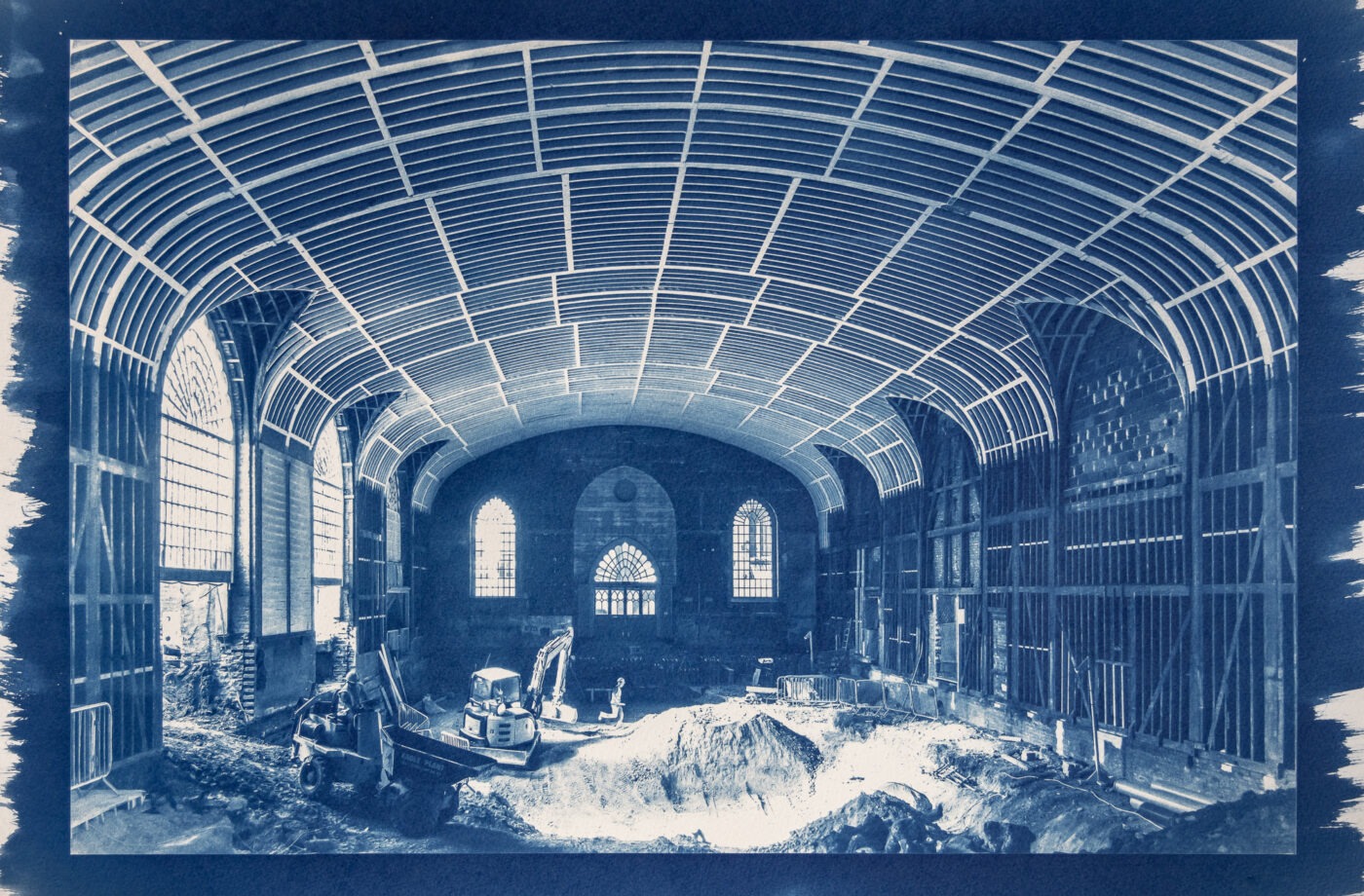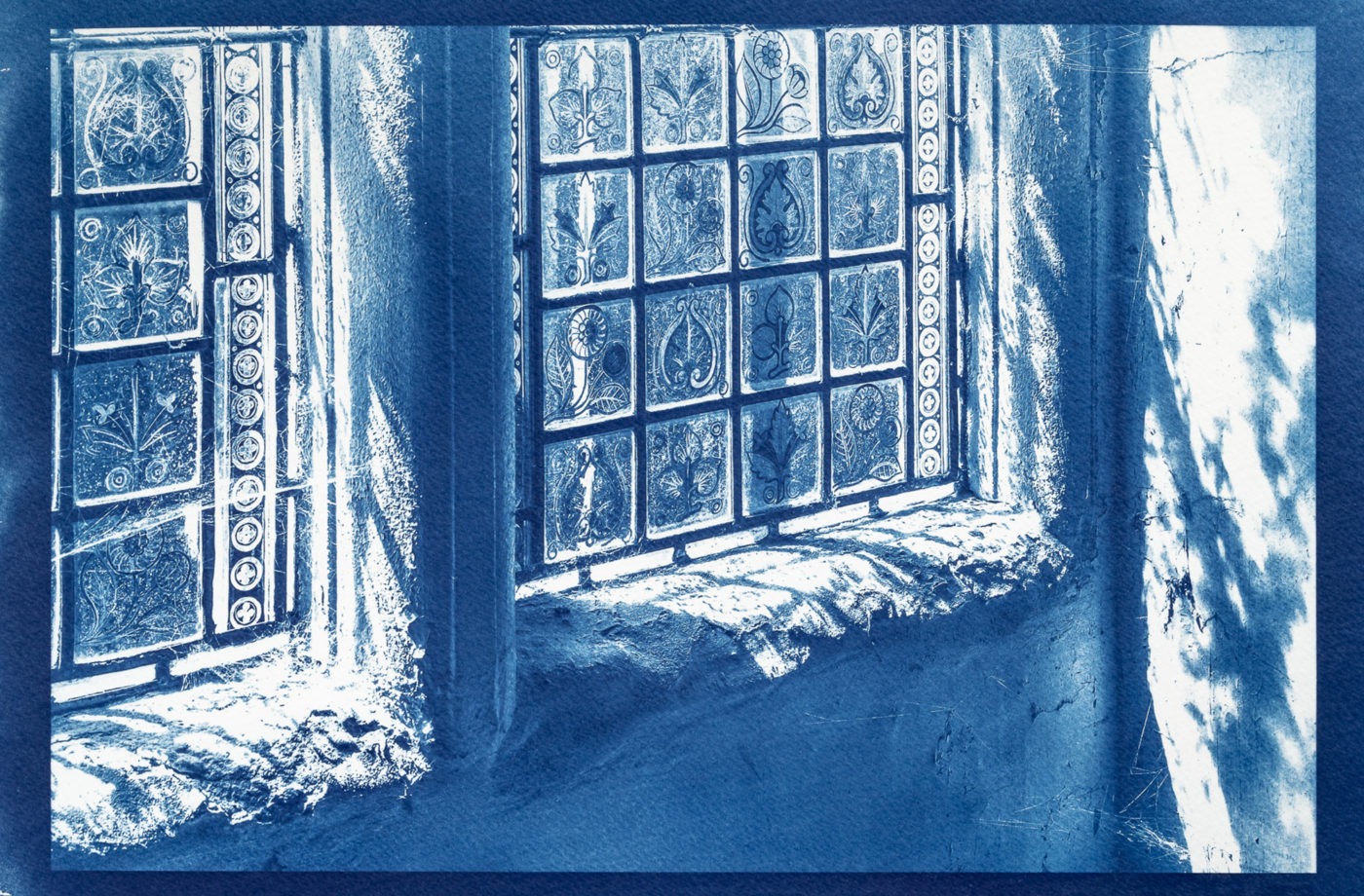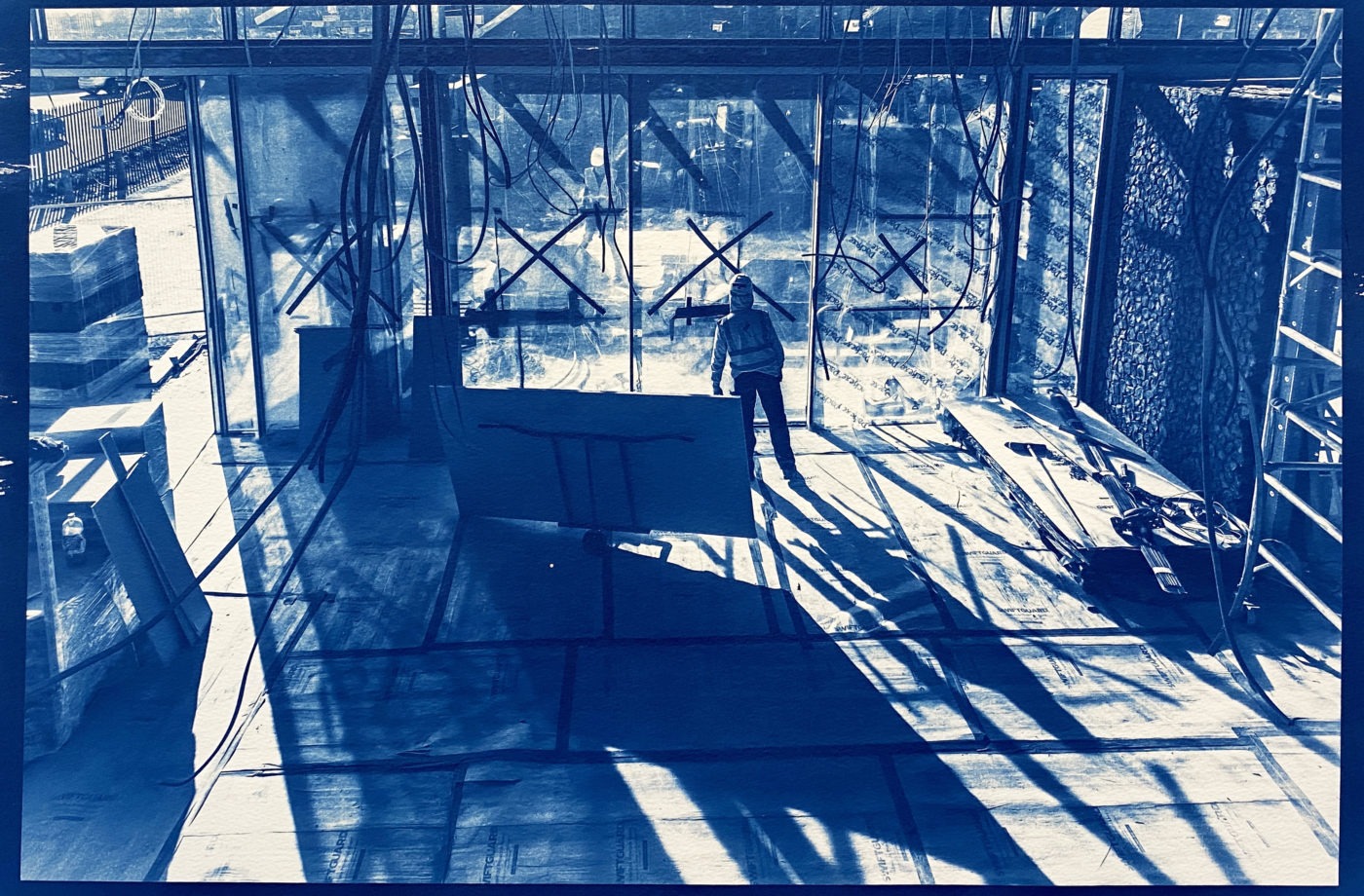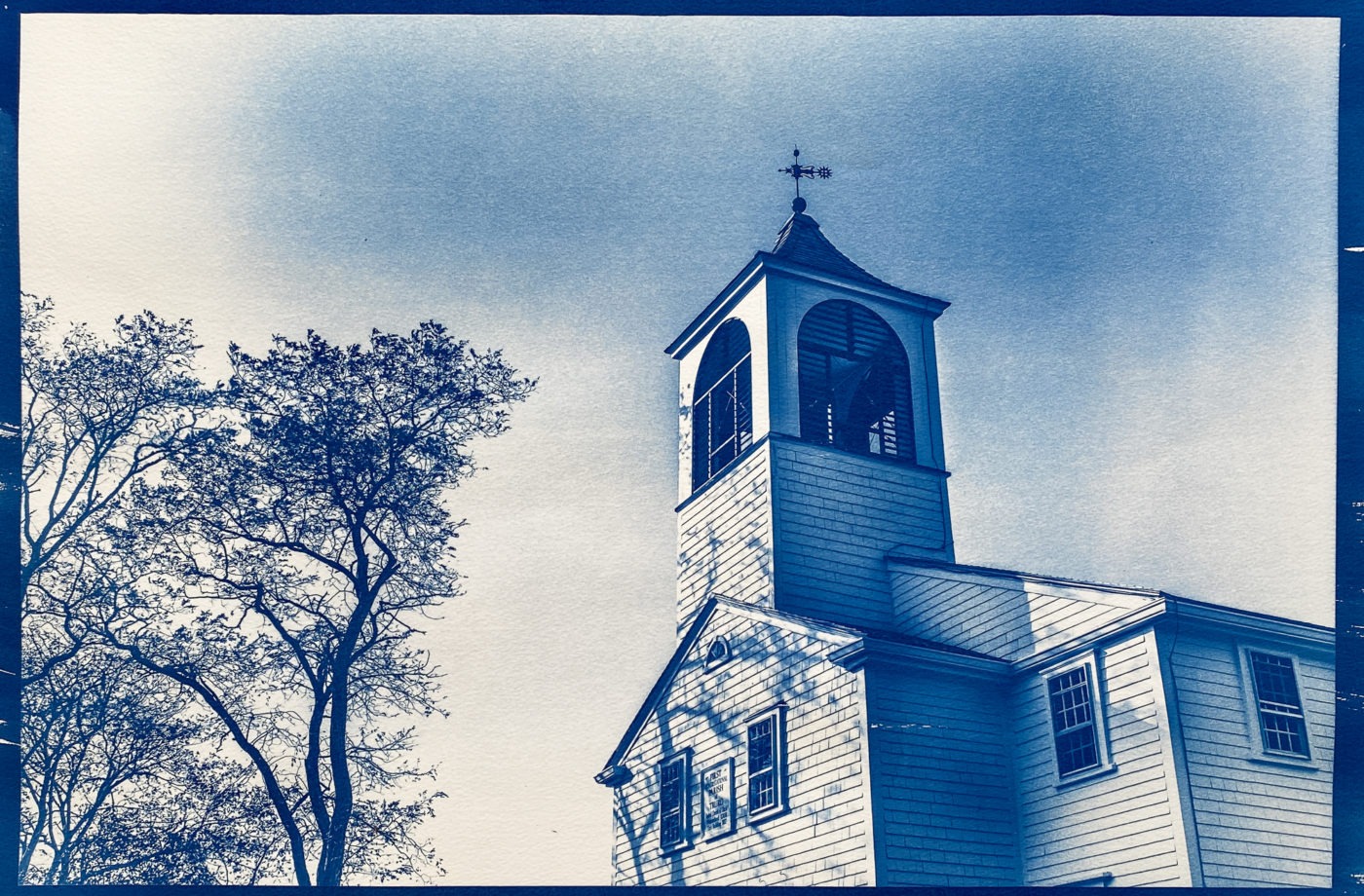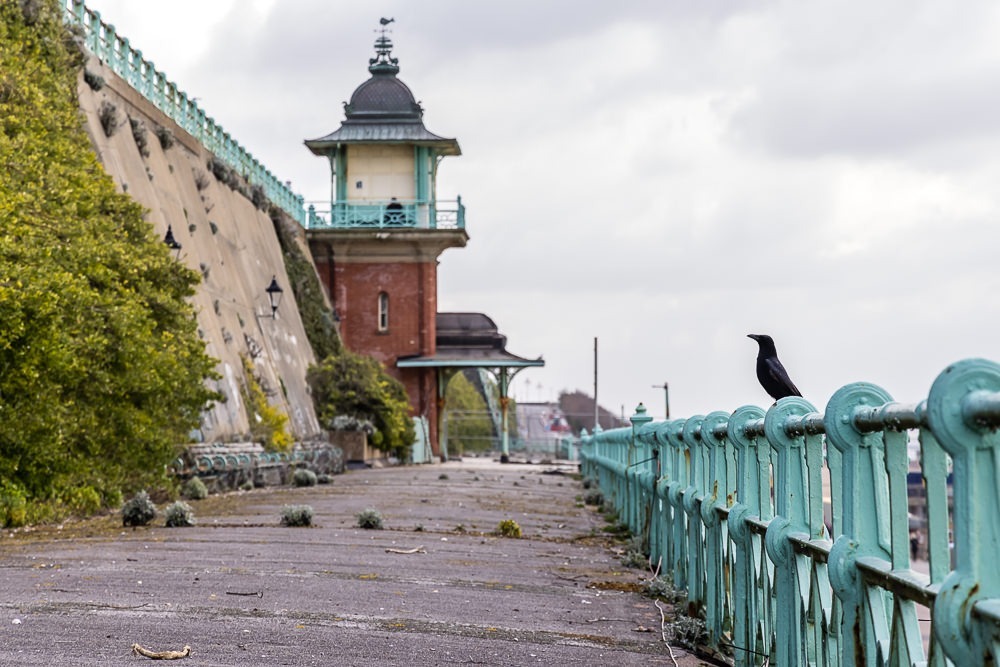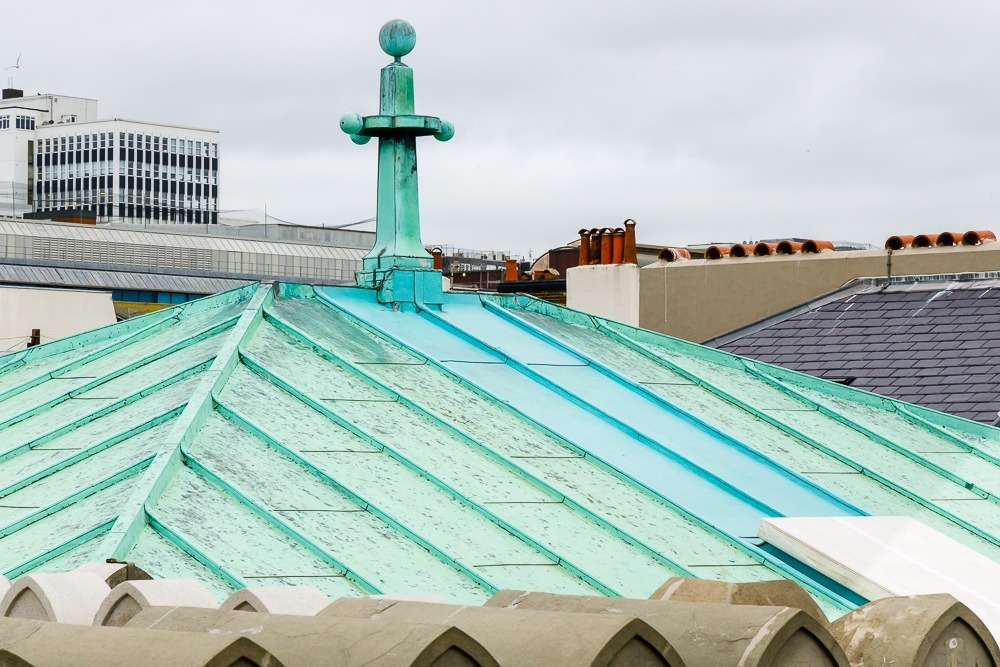A very rewarding photo of the week
This is the Brighton Dome Corn Exchange on my very first site visit. I had never been inside the building before and was overwhelmed by the sheer size and beauty of this interior space. It was a very hot June day and afternoon sunlight was streaming in through the huge iconic west-facing windows.
It is that figure, dead centre and running in the shaft of light, that always gets me. He looks so tiny, giving perspective to the enormity of the room.
The special reason for sharing this cyanotype today is that it is being offered as a reward for a crowdfunding campaign to raise money for the Brighton Dome and Corn Exchange.
The Brighton Dome need to raise funds urgently as they are still recovering from the impact of covid, plus facing huge increases in energy costs and inflation.They do so much to support the arts and are an invaluable part of their community: “We employ 130 full-time equivalent permanent staff, 200 casual workers, around 100 freelance artists and creative workers and 131 volunteers, and have a duty, as custodians of these spaces, and a commitment to the artists we support.” I am one of those 100 freelance artists.
I have three different cyanotypes of the Corn Exchange refurbishment being offered at a variety of levels, from greeting cards, to reproduction prints, to signed, hand-printed originals.
Please do check out the link and give generously if you are able.
